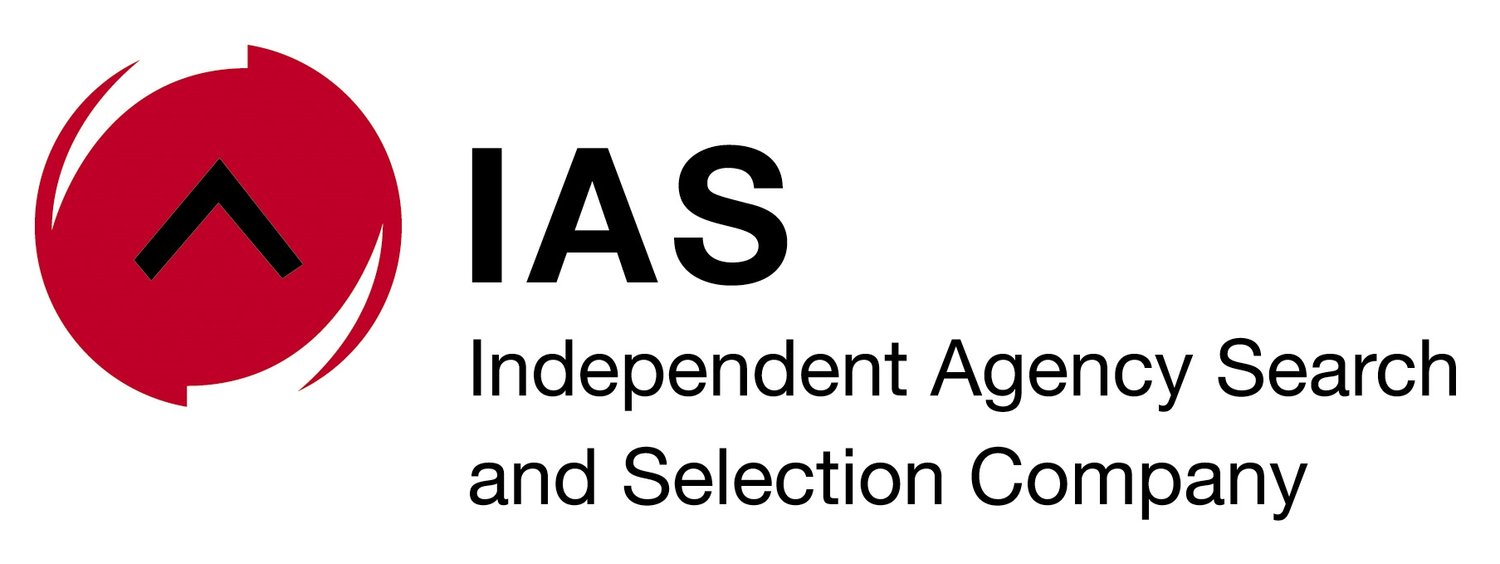Using paid media platforms in an earned media way is great way of making a smaller budget go further, says IAS's Johanna McDowell
The Independent Agency Search & Selection Company explores the uptake in content creation and the revenue streams linked to digital innovation. Picture: Pexels/George Milton via IAS
As budgets across all media continue to contract, digital innovation is quickly becoming the greatest mother of invention when it comes to earned media, says the CEO of the Independent Agency Search & Selection Company (IAS) and Scopen partner, Johanna McDowell.
“During November 2023, at AdForum in London, we were introduced to a few agencies which were strongly focused on earned media,” she says. “It isn’t PR as we know it any more, but now includes the role of influencers and content creators, and the money is driving a whole new sector.”
McDowell says this trend took off in Los Angeles a few years ago, when a man who had been a YouTuber since he was a teenager set up an agency.
“He made his living from his content on the platform and later set up an agency that helps other would-be content creators professionalise their YouTube activities. His agency manages the whole process, including attracting paying brands to advertise on appropriate content.”
What this provides is a cost-effective way of reaching a certain market, says McDowell. Instead of having to buy a lot of media time or space, the content has already been created and includes the brand. It’s a way of making a smaller budget go much further and in a more focused way, and it’s all about building the audience first.
“It was a particular trend we noted back then and why it is becoming so popular now is because firstly, it’s interesting to a viewer who chooses to watch, and secondly, it’s not advertising,” she says.
Getting past ad-blockers
The younger generation is not averse to blocking ads online — so how does a brand or marketer get past that? It's simple with this new earned media, says McDowell.
“It’s not free advertising, it’s not like getting the media to run a story for you. It’s actually paying influencers who already have a following of several hundred thousand — or millions — in their community to tap into that following and generate brand exposure,” says McDowell.
“In economies, whether globally, the UK or SA, where budgets are declining, we believe we’re going to see more and more of this type of content agency emerging.
“By finding these already-popular YouTubers, TikTokers and even X-ers, and attaching them to brands that are relevant for them and making certain the storyline is still authentic, content agencies already have creators with a following who wouldn’t want to damage their reputations by taking on ads for products with no relevance.
“It is fascinating,” she says, “while being extremely complex. How on Earth does a brand manage it? Well, that’s what this new type of agency is starting to do more and more of, with very effective results.”
Tracking mass messaging
A key advantage the content agency has is how tracking can be implemented and presented to brands with the vast number of systems available to break down stats in any number of ways to show return on investment.
The content creator has built their platforms from the ground up, so they have the data on everything from growth trajectory to viewership per minute at their fingertips.
“It’s a whole new way of mass communicating,” says McDowell, “and South African agencies are taking the content platforms seriously already, including them in pitches for brands looking to attract younger consumers at scale.”
She notes this doesn’t negate the need for big brand building and advertising across all channels.
“Using paid media platforms in an earned media way is now providing much interest from both content creators and brands, while generating a new revenue stream from agencies nested fully in the paid media space,” says McDowell.
“What this means for the marketer is that within their agency ecosystem, the need for the content creation agency specialism needs to be closely integrated with both the media agency and the creative agency, without diluting the sharp focus of this specialist area and the audience it reaches.”









